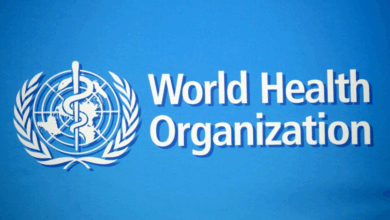WHO Identifies 17 Urgent Pathogens for Vaccine Development

The World Health Organization (WHO) announced on Tuesday the identification of 17 pathogens that urgently require new vaccines due to their significant impact on global health, Anadolu Agency revealed yesterday.
This study, presented by Mateusz Hasso-Agopsowicz, marks the first comprehensive effort to prioritize endemic pathogens based on their regional and global health effects.
Long-standing vaccine priorities such as HIV, malaria, and tuberculosis remain at the forefront, collectively responsible for approximately 2.5 million deaths annually. However, the study also highlights emerging threats, including Group A streptococcus, which causes severe infections and is linked to 280,000 deaths from rheumatic heart disease, primarily in low-income countries.
Other pathogens identified for urgent vaccine research include Klebsiella pneumoniae, associated with 790,000 deaths in 2019 and a leading cause of neonatal sepsis. The WHO’s new global priority list supports the Immunization Agenda 2030, aiming to ensure equitable vaccine access worldwide. The list includes pathogens like Hepatitis C virus, Cytomegalovirus, and Respiratory syncytial virus, emphasizing the need for innovative vaccine development strategies.






